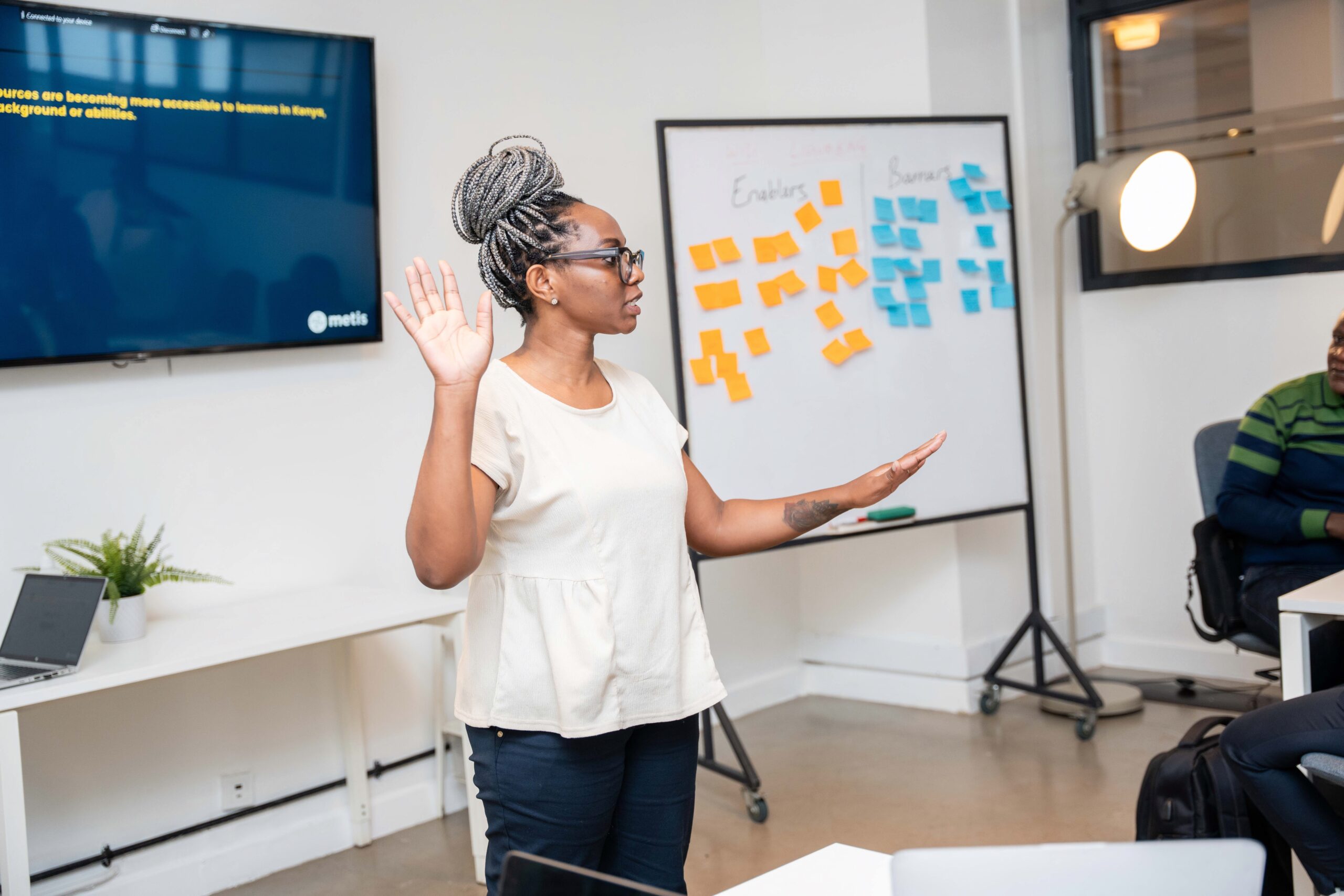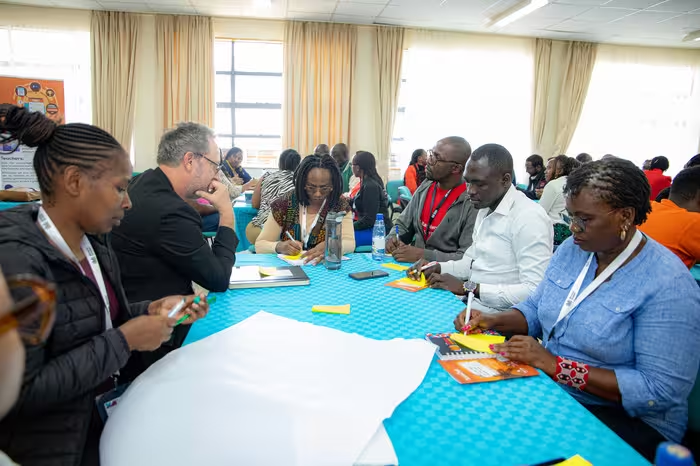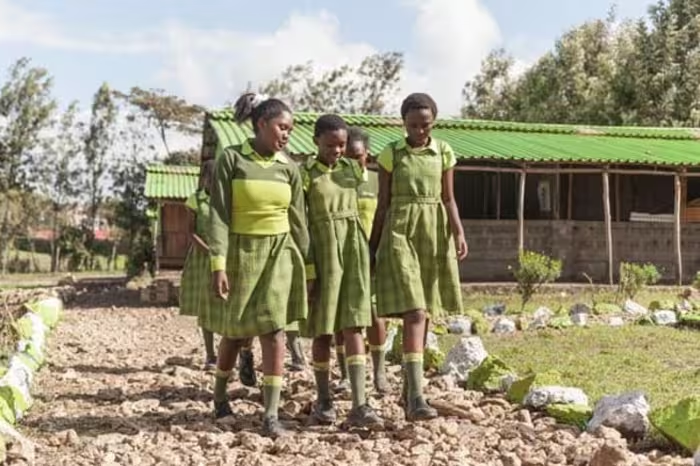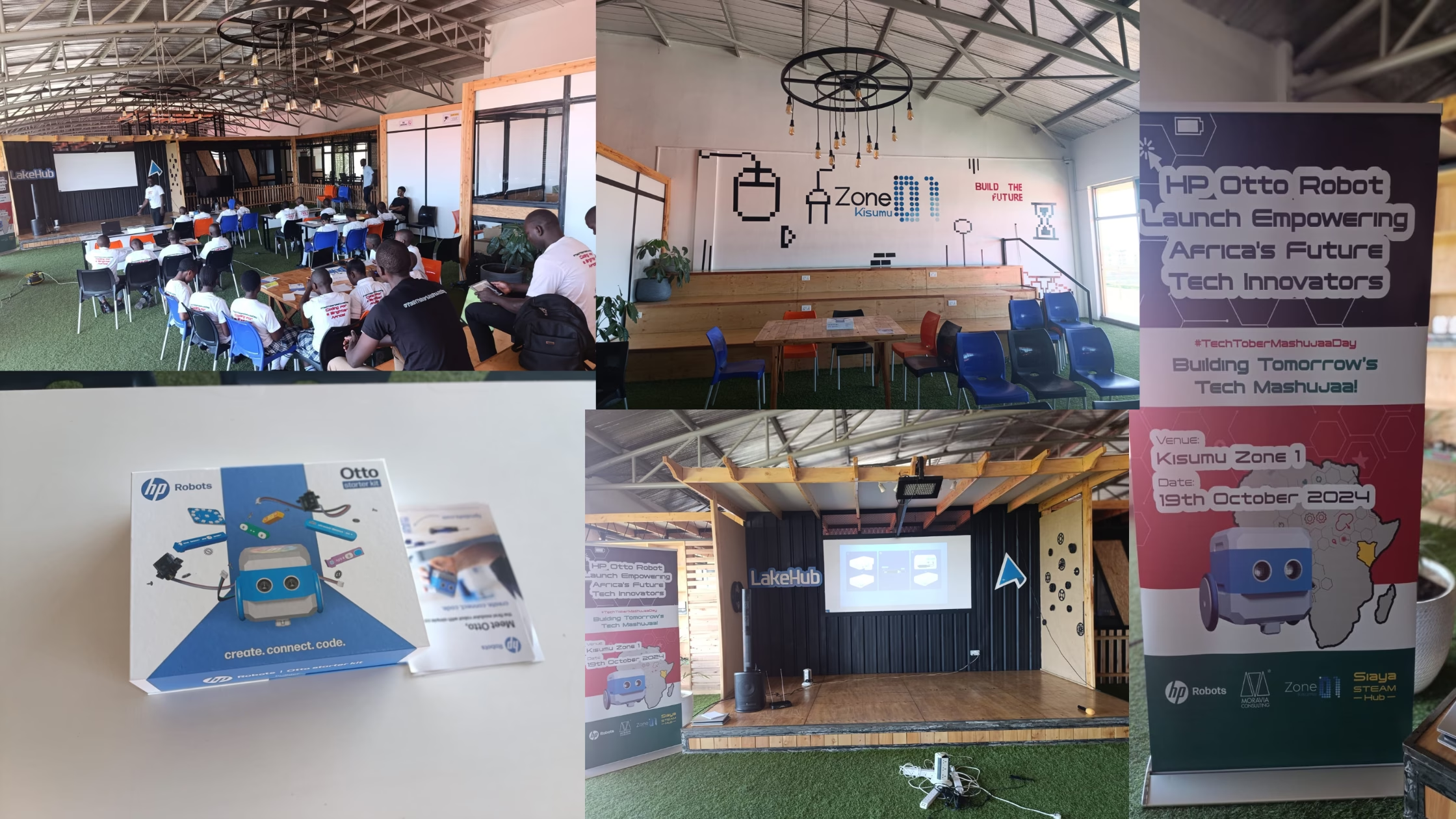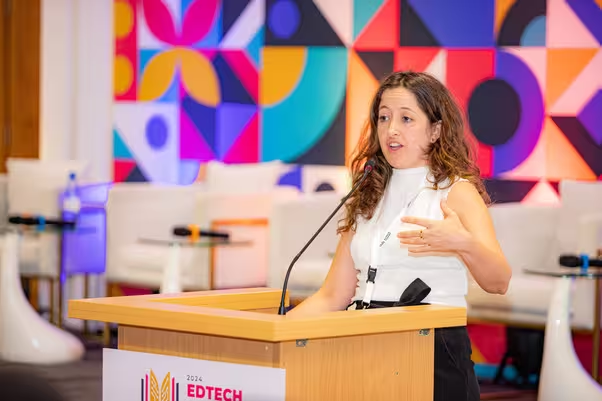When I was younger, I never paid much attention to who was teaching me. If I had, I would have realised that everyone was my teacher. Not just my mother, or my subject teachers. But the faceless heads of departments that helped design my curriculums, and the nameless government officials that told them what to put in and what to take out. If I had paid attention, I would have noticed the unique ways each of these people contributed to my education.
But since I wasn’t paying attention, I never questioned whether it is fair to hold teachers solely responsible for educating our children. I rarely interrogated whether it is appropriate for a nameless individual to design a curriculum they have no hand in implementing. I did not wonder how each of them was prepared to teach me.
This is why I participated in the fourth Collective Action Friday workshop, hosted by EdTech East Africa and co-hosted by METIS. The workshop focused on the fourth Collective Action Goal – to fortify the capacity of those closest to learners (educators, pedagogical leaders, and caregivers). It progressed a conversation that began at the Kenya EdTech Summit 2022 where we agreed that capacity building for all educators was something we needed to address. In this workshop, we discussed the barriers and enablers that frustrate and nurture, respectively, collective action in this area.
Here’s what we found.
The Beginning
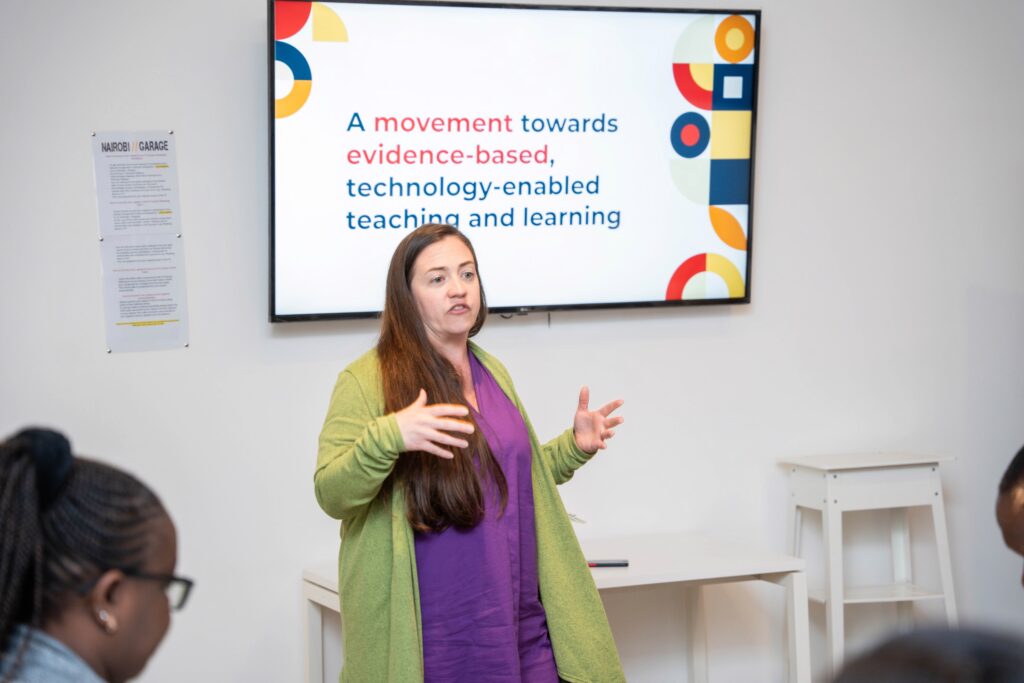
We began by introducing ourselves and quickly learned that the room was full of decision-makers, policy chasers, and dream enablers. This was important as it allowed us to emphasize the indispensable role of collective action in realizing our shared goals. Thereafter, we broke into three distinct groups – parents, pedagogical leaders, and teachers – and dove into identifying the obstacles and facilitators of capacity building in our respective roles. This segmentation is important because it informs the problem-solving process and helps us design solutions that respond to contexts and needs.
For example, the lack of digital literacy skills was cited among all three groups as a barrier. However, parents were more concerned with the gaps in their knowledge about online safety, safeguarding, and digital citizenship. While educators and pedagogical leaders were more concerned with the lack of traditional digital skills (computer literacy, digital literacy, and coding).
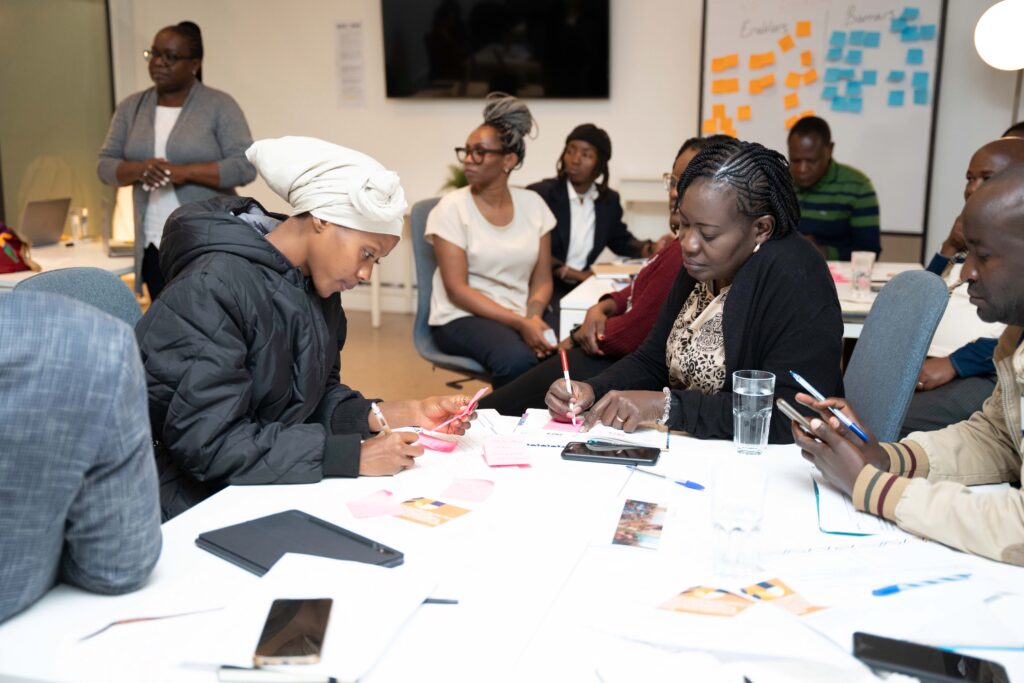
Once again, government policy was cited as an enabler and a barrier. Where pedagogical leaders found that existing policy enables them to develop contextualised solutions, teachers and parents disagreed. For these two groups, the mere existence of policy did not inherently translate into seamless contextual adaptation, practical implementation, or a nuanced grasp of its implications. This is exemplified notably in the evolving role parents are now expected to play in our Competency-Based Curriculum (CBC). Although CBC champions social justice, equity, and civic leadership, pedagogical leaders did not, as one participant noted, consider how the intricacies of gender-based role divisions within the household would affect its implementation. For example, how can we expect learners to internalise potent lessons on gender equity and equality if the same values aren’t actively practised within the confines of the home? How can we invite men, who are often relegated to the role of occasional “babysitters” of their own children, to participate in their children’s education? How do we unburden mothers when the term “caregiver” connotes the feminine and maternal?
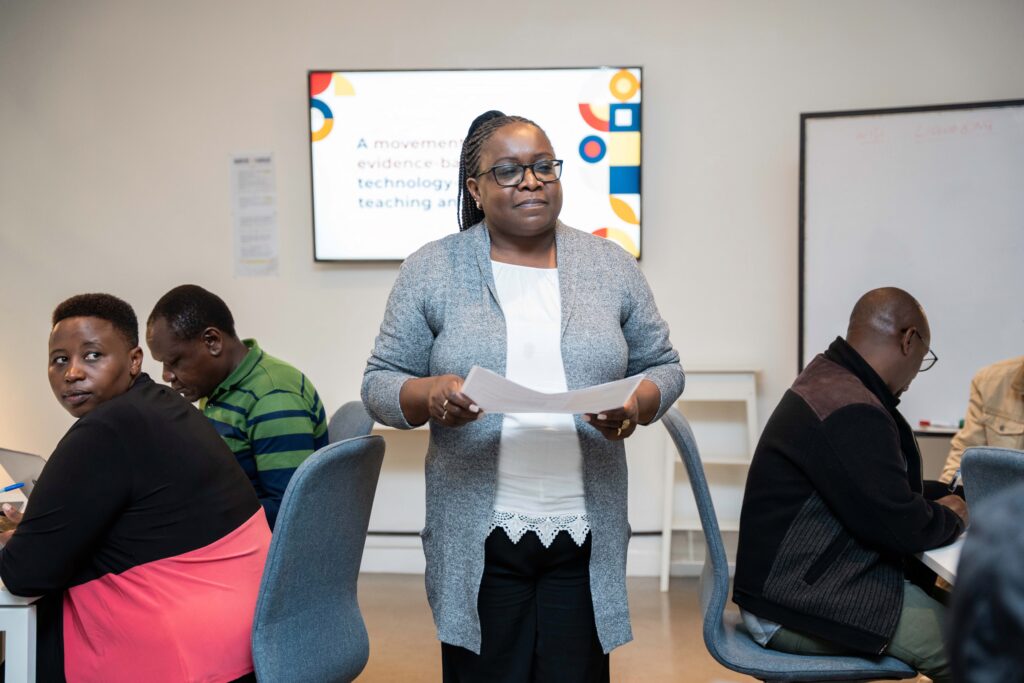
Turning to enablers, each group identified shifting perspectives and a willingness to learn as enablers. Therein suggests that the biggest tool in our arsenal is the environment in which we operate. Yet, and perhaps for the first time in our Collective Action Friday Workshop series, we acknowledged that these barriers weren’t seen as roadblocks, but rather as stepping stones. They represented the terrain to traverse, highlighting the undeniable truth that adversity often births innovation.
Thus begging the following: What can we do about it?
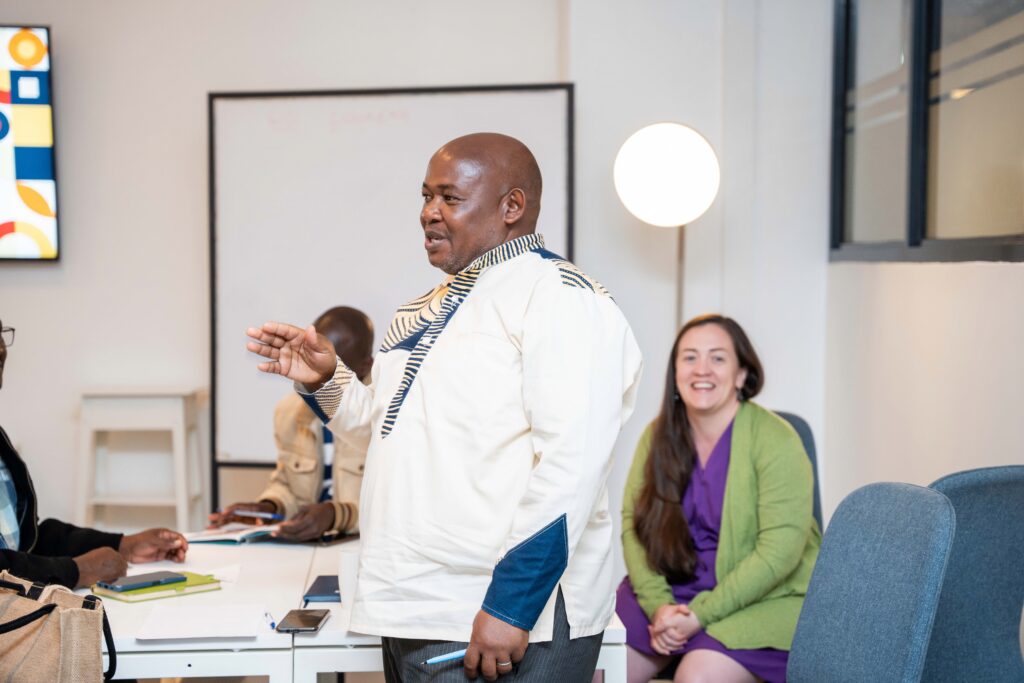
Introducing Metis
This is where Metis, and the formidable Grace Wairimu, come in. Metis is a for-impact organisation that equips, connects, and amplifies proximate leaders creating contextualised solutions for a world where all learners thrive. They achieve this objective by way of three programmes; (1) A 6-month fellowship; (2) InnovatED and; (3) ReimaginED. With an impressive track record, they’ve impacted an astounding 4 million learners over the past 5 years through their community-driven initiatives. Not to mention, they’ve provided invaluable Home Learning Guides to 135,000 families and mentored 100 teachers in cultivating student-centered classrooms across the country (you can read all about it here, here, and here).
With an impressive track record, Metis has impacted an astounding 4 million learners over the past 5 years through their community-driven initiatives.
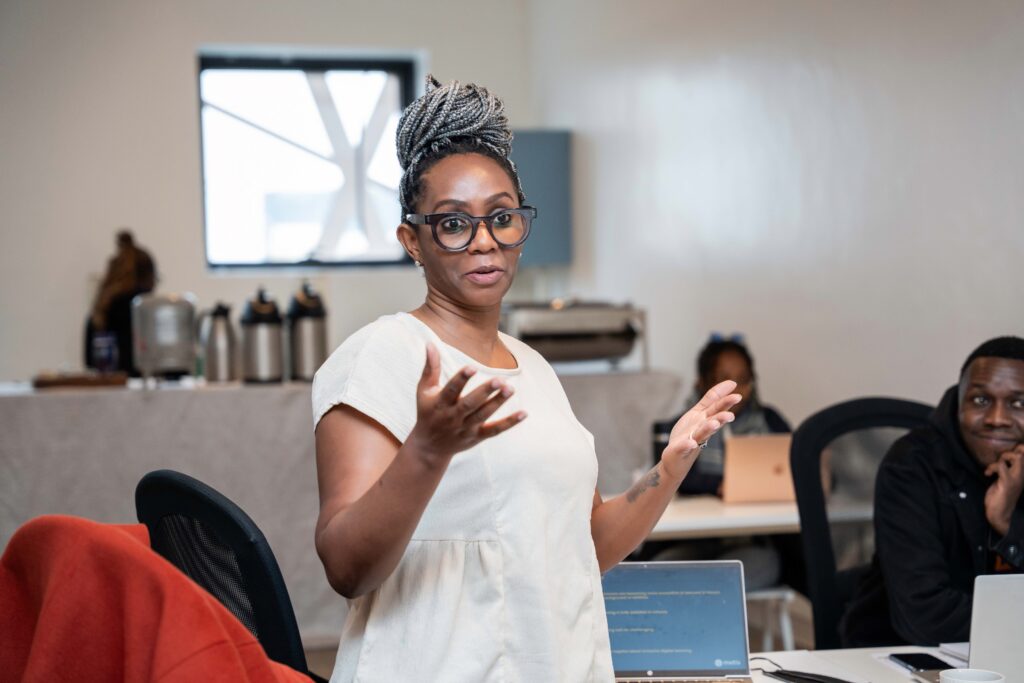
Grace began her presentation with a series of true/false statements about how we feel about the state of digital learning in Kenya. The final statement was “We have reasons to be hopeful about inclusive digital learning,” and everyone agreed. But when pressed on why, one reason sparked a eureka moment in every single mind in the room. MPESA.
While not an EdTech tool, MPESA showed us that we can scale up affordable and accessible solutions. MPESA showed us that people can be adopters if the solutions proposed respond to their local realities and needs. MPESA showed us that we can overcome, seemingly, impossible problems like infrastructure, financing, and government policy environments. Ultimately, MPESA showed us that if we can do it once, we can do it again and again and again.
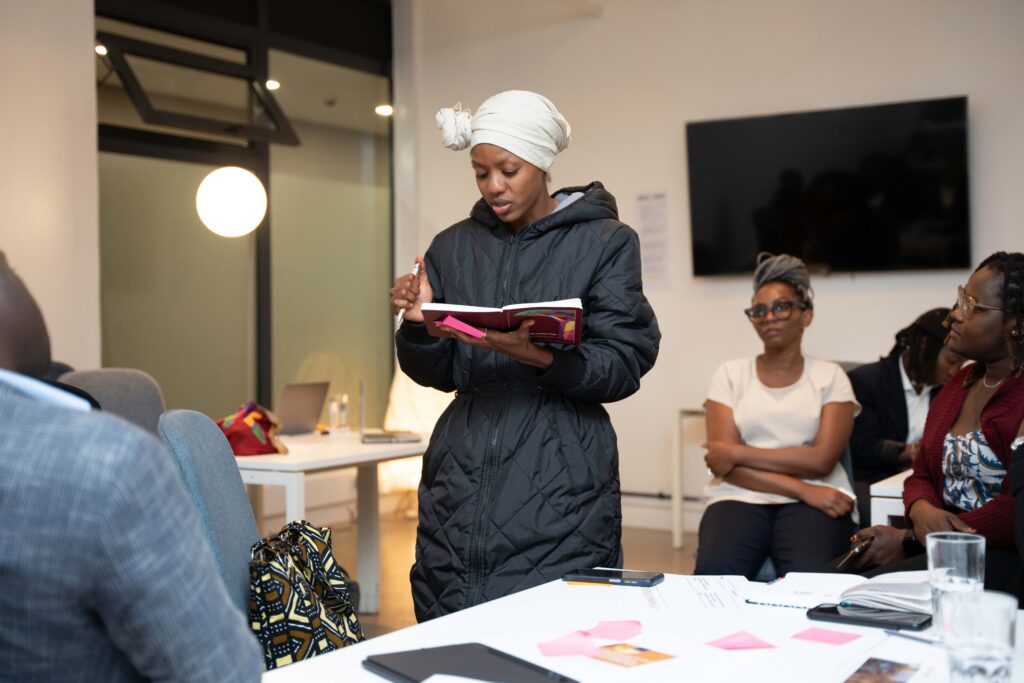
The Path Forward: Charting Actionable Insights
Once we remembered this cardinal truth, we returned to our enablers and barriers. Returning to our groups, we transitioned into an invigorating dialogue about the necessary information stakeholders need to effectively tackle these shortcomings and amplify the potential of these opportunities. Put simply, what do we need to know? And how do we need to know it?
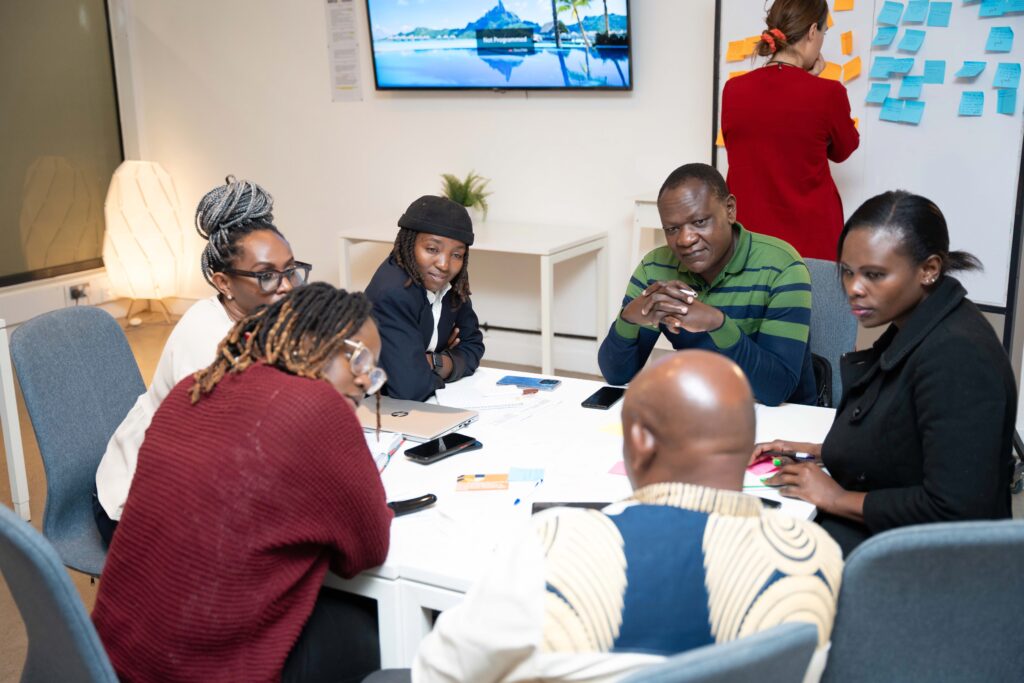
As discussions flowed, the consensus emerged that the challenge at hand transcends mere information availability; it’s rooted in the nuanced art of delivery. This realization propelled the conversation towards an imperative question: How can we harness existing communication channels such as SMS, radio broadcasts, podcasts, YouTube, and others, to effectively disseminate information concerning online safety, digital literacy, and the cutting-edge horizons of educational technology? The groups grappled with the task of crafting solutions that are not only accessible but also deeply relevant to the diverse stakeholders within the educational ecosystem. The emphasis was on addressing the ‘how’ – how can these channels become conduits for knowledge that empower educators to confidently navigate the digital landscape, ensuring that no one is left behind on the journey towards educational innovation?
And, more importantly, how will we know we were successful? We’ll leave this question for you to ponder for the Kenya EdTech Summit ‘23, where we’ll continue to have forward-looking conversations.
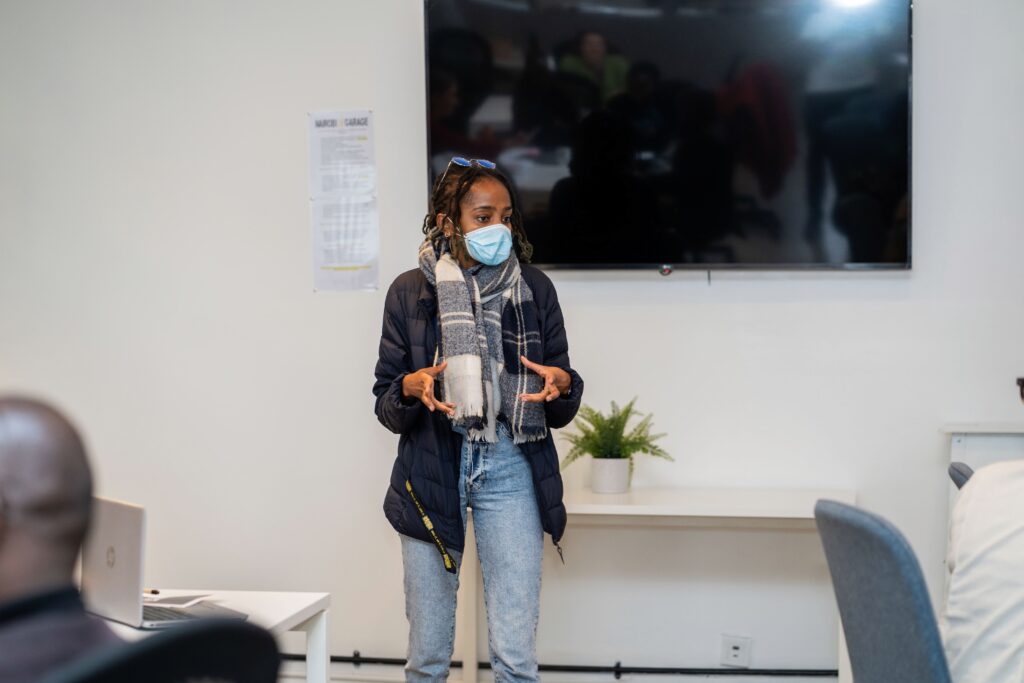
Conclusion
Ultimately, the fourth Collective Action Friday workshop left an indelible mark on every participant. It was a reminder that education isn’t confined to the walls of a classroom; it is a dynamic interplay of diverse roles working in harmony to uplift learners. Furthermore, the workshop reaffirmed the necessity of collaboration between those who design education, and those tasked with implementing it in all its forms.
